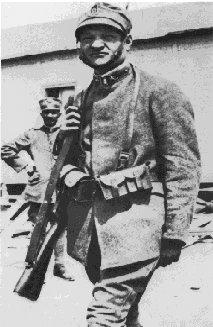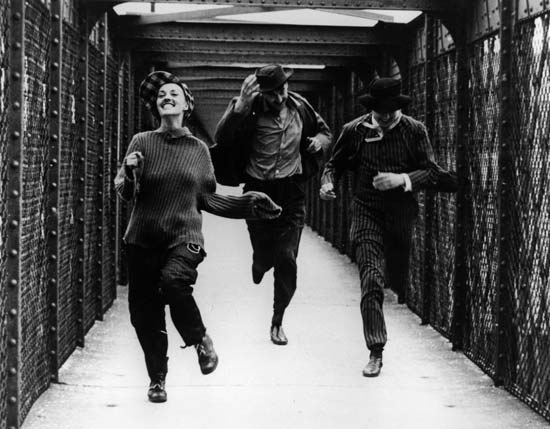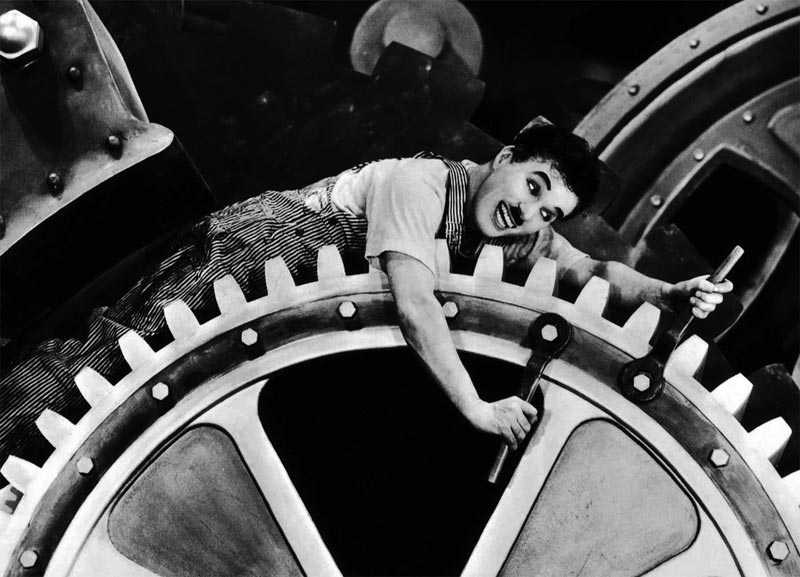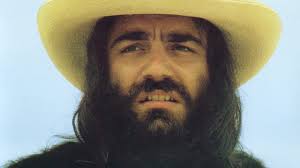L’ 8 February 1888 He was born in Alexandria d’ Egypt Giuseppe Ungaretti. Son of Italians; his father worked as a laborer at the Suez Canal and died when Joseph was just two years old for an illness contracted at work. The mother, that the poet recalls as a woman of extreme energy and great religiousness, He ran a bakery on the outskirts of Alexandria. He studied in College, in a Swiss school of Alexandria, It was formed with the readings of leopards, Baudelaire, Mallarmé and Nietzsche. He left Egypt in 1912. Housed in Florence, in Rome and then in Paris. He attended literary artistic environments, with a fondness for the avant-garde: Picasso, Fluffy, Palazzeschi, Boccioni, Modigliani and Marinetti. In 1915 He moved to Milan. In the same year, published on Lacerba his first poems. He served as a soldier in World War I. He fought on the karst and, as later recalled, took advantage of the licenses that were granted him to go where he wanted, He preferred often reach Paris. He remained in the French capital after the end of the war as a correspondent for Gazzetta del Popolo. He also worked at the Press Office of the Italian Embassy. In 1920 He married Jeanne Dupoix. In 1928 made an explicit profession of the Catholic faith, which influenced his poetry. In 1931 He published the work Joy which consisted in the placing of previous works by giving a consistency and a more organic form. Reworks the formal message of symbolists with the experience of war made of evil and death, This point of view were Morning and Soldiers. Meanwhile his poetic language underwent a maturation closest to tradition through Sentimento del Tempo, 1933. He joined the fascism to whom he dedicated the poetry People. Mussolini also wrote the preface to the collection The port buried. His fame spread. He was awarded a professorship of Italian language and literature at São Paulo, Brazil where he remained until 1942. In that Brazilian son died in parenthesis 1939. On his return he composed a rendition of Joy that would eventually be the prologue to the opera A man's life. The Association of writers in late war threatened his purge from the same for its adherence to fascism, but in the end were not taken. In 1947 went out the work The Pain hinged on the premature loss of her son and experience of war. In 1950 following the publication of the work The promised land, Subsequently the collection: A Cry and Landscapes. In 158 He left University teaching. In subsequent years appeared on television reading his verses. He died on 1 June 1970. Ungaretti's poetry has the distinction of being embodied by the word, pure, Creator, capable of revealing in its simplicity the mystery of life. Even the word wrap and the white space of the line supporting the essential meaning and totalizing of Ungaretti's Word. Remains the most famous Italian poet of the twentieth century and main exponent of Hermeticism.
Hector Parker




